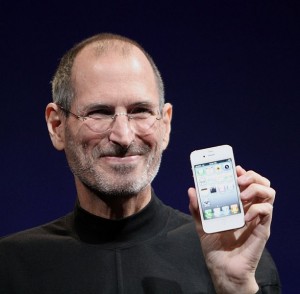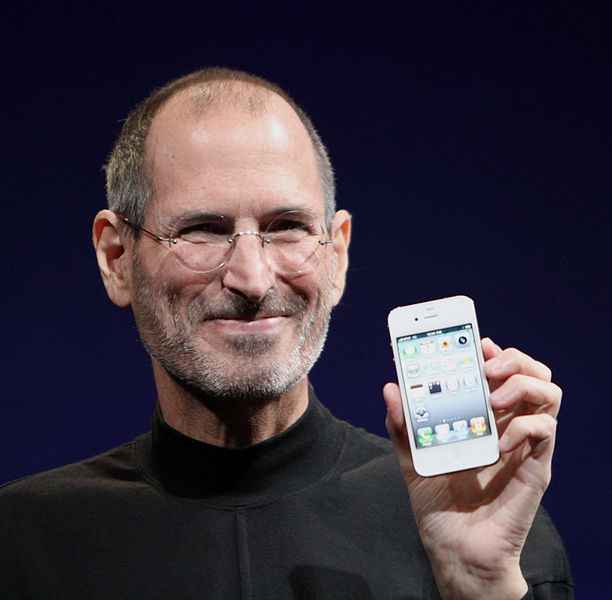I’ve had some time to reflect on the passing of Steve Jobs and absorb some of the various eulogies. Some better than others, of course.

People have been pulling about some of his best quotes and dusting them off. The most striking I’ve seen is the following:
“We’re here to put a dent in the universe. Otherwise why else even be here?”
This is always followed by affirmation that yes, Steve did put a dent in the universe. And I concur. A true visionary force. He helped bring computing to the mainstream, helped bring smart phones into the mainstream, and then uncovered a treasure trove of buried demand for tablets that no one thought existed.
But that’s not all. Through Pixar, he gathered talent around him which resulted in the creation of movies with heart and soul when it seemed Disney had forgotten how, ushering in another golden age of animated storytelling. How long will these ripples last?
So yes, there is probably a part of the universe that is a little bit warped from the Jobs footprint.
And yet…
The only way these statements makes any sense is through some sort of Christian worldview. The only possible way you could classify anything as a “dent”, or even anything as an “improvement” is to have some absolute standard with which to measure things. So many of the people trying to affirm that Jobs’ made said “dent” have no way to actually define it.
If you believe that we live in nothing but a naturalistic universe, then anything you do, anything Steve Jobs did, is completely meaningless. There is no dent. There is nothing. You can try and pretend that there is something that gives all these particulars meaning (and since you are created in the image of God, you certainly will try), but you are being inconsistent with your own presuppositions.
His achievements will eventually whither and be forgotten, both in memory and actuality. Everything was simply a series of chemical reactions that caused some other chemical reactions somewhere else. Even Jobs’ own pantheistic Buddhism reduces everything down to sameness. There is no difference between cruelty and non-cruetly. No difference between creativity and dullness. No difference between iPhone and Android. There is no real meaning to any interaction of matter and energy. And so without the Christian answer, nobody leaves a dent in the universe, including Jobs. Including you. The question asked above simply becomes one of complete despair.
But I can affirm, with the Christian assumptions in my mind, that Steve Jobs improved lives and in many ways made the world a better place. I thank God for him, for his vision, and for the couple who adopted him. Yes, he did indeed leave a dent in the universe. He directly impacted people’s lives for the better.
Logically, can you really say the same thing?
P.S. As an aside, here is a recent quote from Albert Mohler that I think is important. We all put dents in the universe everyday. That is part of what it means to be man in God’s image.
…that the mother tending her child, the farmer planting his crops, the father protecting his family, the couple faithfully living out their marital vows, the factory worker laboring to support his family, and the preacher preparing to preach the Word of God, are all doing even more important work.
